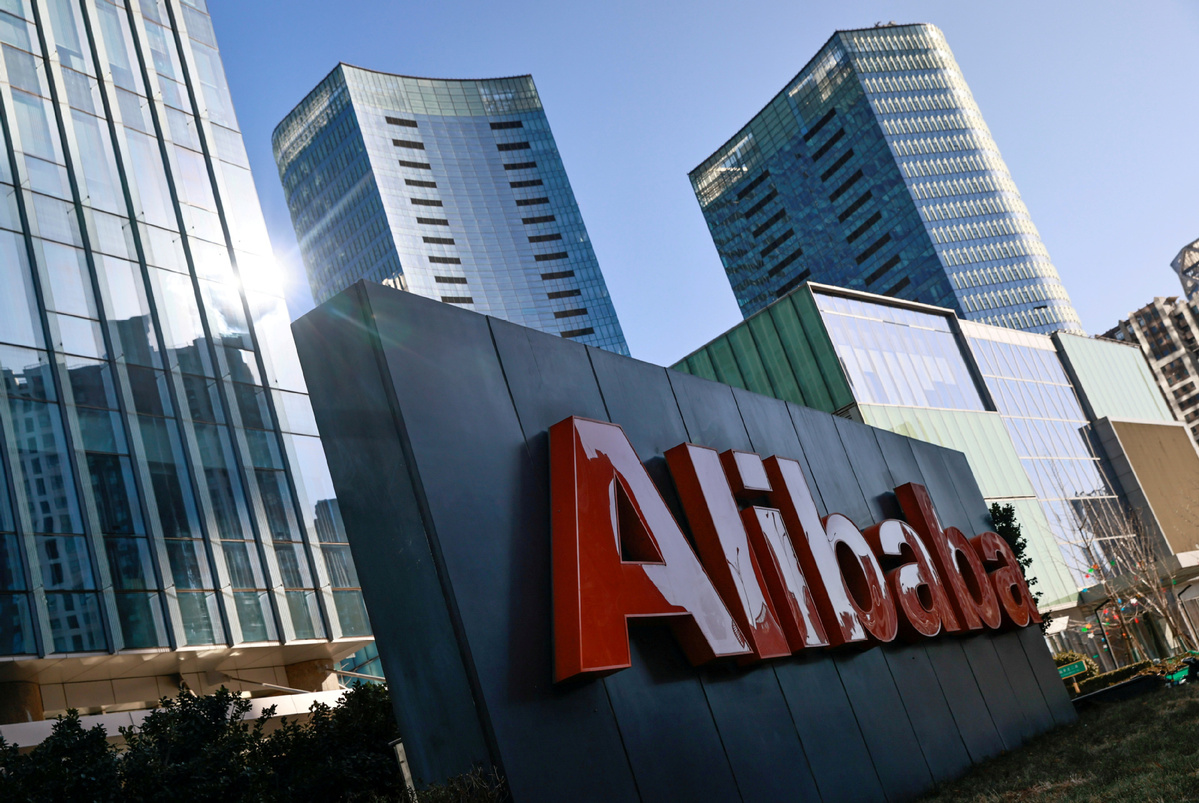
The record $2.78 billion antitrust fine on Alibaba Group Holding Ltd sets a milestone for China's antitrust efforts, which the country is using to maintain fair market order for healthy development of the internet economy, experts said.
"The fine is a landmark event that indicates the country's true enhancement of action against monopolistic behaviors. It is not the end, but rather a starting point, as the nation's platform-based internet companies will develop under increasingly sound and clear anti-monopoly regulatory rules," said Fang Chaoqiang, a lawyer at Beijing Yingke Law Firm, one of the nation's biggest law firms.
Sun Nanxiang, a researcher at the Chinese Academy of Social Sciences' Institute of International Law, said that antitrust measures are a worldwide trend and the ultimate purpose is to leverage legal tools to restore fair and effective competition in the market.
For years, United States' tech giants like Google, Apple and Amazon have been facing continuous scrutiny and fines from government authorities globally for monopolistic behaviors. European Union regulators hit Google with a record 4.34 billion euro ($5.16 billion) antitrust fine in 2018 for using its Android mobile operating system to squeeze out rivals.
"Anti-monopoly supervision over those tech giants didn't cause them to lose core competence, but helped them to stimulate innovation and entrepreneurship and, at the same time, restore market confidence," Sun said.
The comments came after the State Administration for Market Regulation, which started a probe into the e-commerce giant in December, fined the company 18.23 billion yuan ($2.78 billion) on Saturday for monopolistic behaviors.
The fine was close to three times the nation's previous record fine of 6.09 billion yuan, which was paid in 2015 by Qualcomm, the world's largest supplier of mobile chips.
The watchdog said its investigation concluded that Alibaba had hindered online retail in China, affected innovation in the platform-based internet economy, hurt the lawful rights of merchants and damaged consumers' interests.
The fine was equivalent to 4 percent of Alibaba's domestic sales in 2019, according to the statement on Saturday. The company's earnings report showed it registered profits of about $12 billion in the last three months of 2020.
"Alibaba accepts the penalty with sincerity and will ensure its compliance with determination," the company said in a statement soon after the decision was announced.
"To serve its responsibility to society, Alibaba will operate in accordance with the law with utmost diligence, continue to strengthen its compliance systems and build on growth through innovation," the statement said.
Regulators highlighted what they called the company's malpractice in forcing collaborating merchants to choose between Alibaba's online marketplaces and those of its competitors' for selling their products, which stifled fair market order. Alibaba had 779 million annual active users in 2020.
"In theory, the breadth of its business can help make each of its services more helpful. Its sheer size also risks slanting the playing field for rivals and thus restricting customers' choices," said Cao Lei, e-commerce research director at the consultancy Internet Economy Institute.
The announcement is the latest development in the government's increased oversight of internet companies since last year, which has aimed to curb monopolies and avoid the "disorderly expansion of capital".
Commentary on the fine in People's Daily said that to regulate is to ensure better development, and "the act of tugging at the sleeve is also an act of love", which means that self-correcting checks on minor misconduct is meant to avoid larger missteps.
"Regulating the fast-expanding internet sector doesn't contradict bolstering its benign development. They are instead complementary and mutually reinforcing, which holds true even on a global scale," it said.
"The penalty serves to guide the company's development, purify the industry's environment and forcefully safeguard market order for fair competition," it added.
